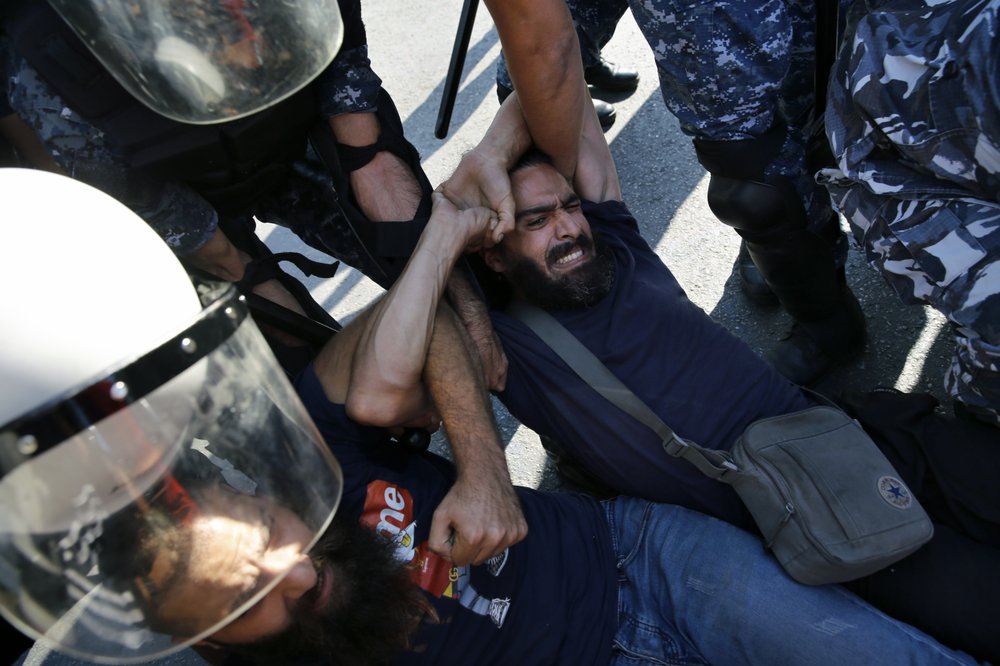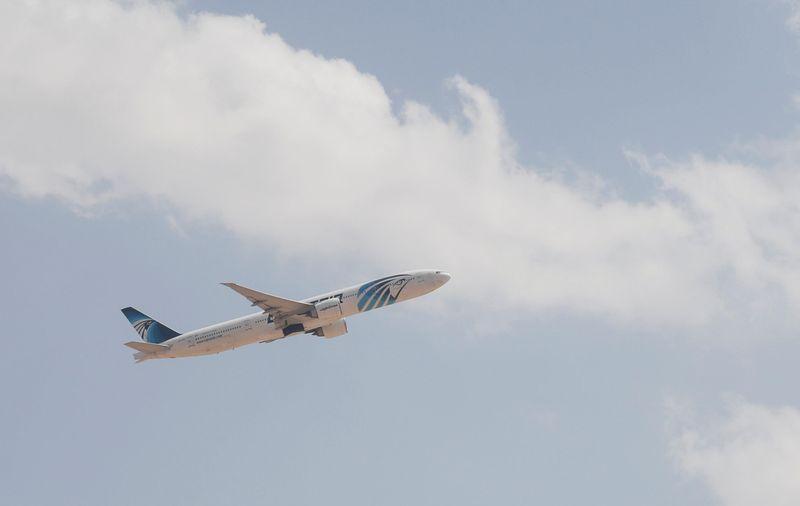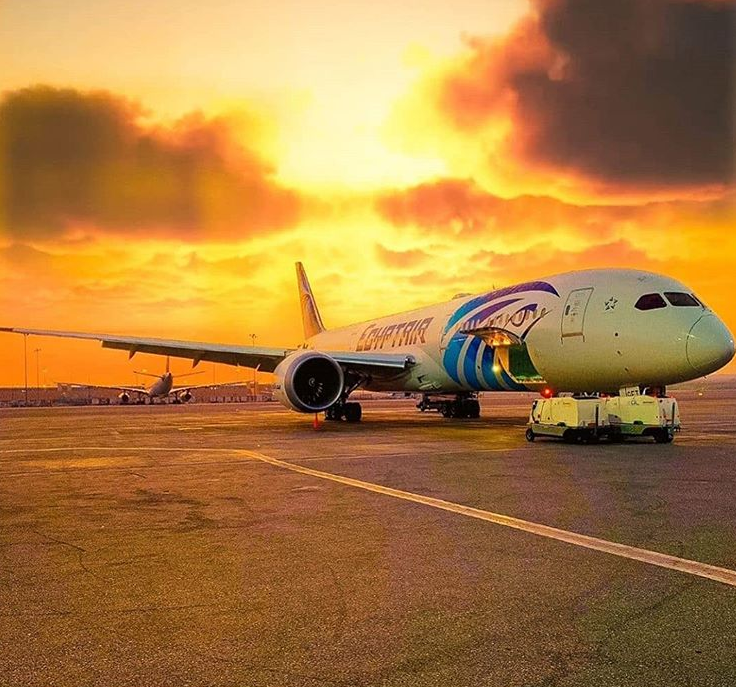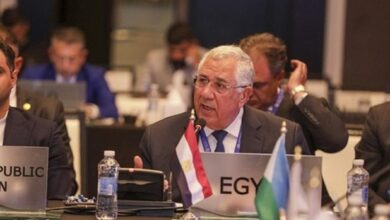
BEIRUT (AP) — Lebanese security forces were still struggling to open some roads Thursday as protesters continued their civil disobedience campaign in support of nationwide anti-government demonstrations.
Schools had been set to reopen for the first time in two weeks, but late Wednesday many parents received text messages saying their schools would remain closed for security reasons. The state-run National News Agency reported that schools in some areas would remain closed until further notice.
Banks, schools and many businesses have been shuttered since mass protests erupted on Oct. 17. The protests were ignited by a proposed tax on the WhatsApp messenger service but rapidly escalated into calls for the resignation of the government and sweeping political change.
Banks are set to reopen Friday, amid concerns the severe fiscal crisis that preceded the protests could worsen.
President Michel Aoun, one of the main targets of the protesters’ anger, was set to deliver a speech later in the day. Prime Minister Saad Hariri resigned Tuesday, handing the demonstrators their first victory but plunging the country into greater uncertainty. It typically takes weeks or even months to form a government.
The protesters stood down Wednesday as the army cleared most major thoroughfares, but they packed public squares that night and returned to the streets a day later, insisting their revolution was far from over.
Walid Rihani, a university professor, said the protesters want a government of technocrats and early parliamentary elections.
“We are back on the streets to remind (them) that the formation of a new government should not take more than 48 hours,” he said.
The protesters have been sitting or lying in the roads, forcing security forces to drag them away by their arms and legs. In some places, security forces have removed piles of burning tires, concrete blocks and other physical roadblocks. There have been scuffles but no reports of serious clashes or injuries.
On Tuesday, hundreds of supporters of the militant Hezbollah group and the allied Shiite Amal party rampaged through the main protest camp, smashing chairs and setting fire to tents. Security forces dispersed them with tear gas and the protesters returned a couple hours later, repairing the tents and resuming their sit-in.
The government is dominated by allies of the Iran-backed Hezbollah, which has accused unnamed foreign powers of exploiting the protests to undermine it.
The protesters have called for the overthrow of the political class that has dominated the country since its 1975-1990 civil war, and which includes several former warlords and their relatives. The sectarian power-sharing arrangement that ended the war gave birth to political machines that have drained the treasury and eroded public services.
Three decades after the end of the war, Lebanon still experiences frequent power outages, the water supply is unreliable and trash often goes uncollected. The country is meanwhile $86 billion in debt, accounting for 150% of its GDP.
By JOSEPH KRAUSS
Photo: Anti-government protesters lie on a road, as they scream and hold each others while riot police try to remove them and open the road, in Beirut, Lebanon, Thursday, Oct. 31, 2019. Army units and riot police took down barriers and tents set up in the middle of highways and major intersections Thursday. (AP Photo/Bilal Hussein)




